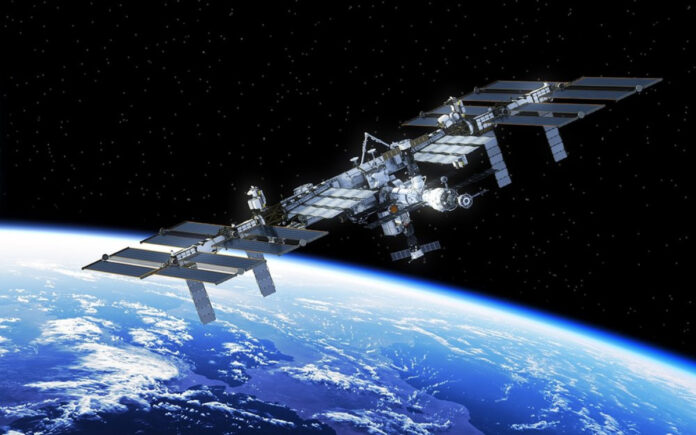Moscow: Russia’s space agency, Roscosmos, has confirmed its participation in NASA’s plan to retire and deorbit the International Space Station (ISS) starting in 2030. The announcement represents a significant shift in Russia’s stance, as Roscosmos had previously expressed uncertainty about its commitment to the aging orbital facility.
Yuri Borisov, head of Roscosmos since 2022, made the announcement during a televised interview, stating that the decommissioning process will be coordinated with NASA. This move follows years of fluctuating positions, including Borisov’s earlier statement in 2022 that Russia would leave the ISS project after 2024. By 2023, however, Russia extended its participation to 2028, and now it plans to contribute to the ISS’s planned deorbit in the next decade.
Aging Infrastructure Pushes Change
The ISS, a symbol of global cooperation in space exploration, has faced mounting issues due to its aging infrastructure. Borisov highlighted persistent leaks and frequent equipment malfunctions in the Russian segment as key factors behind the decision. He noted that cosmonauts are increasingly focused on repairs rather than scientific experiments, making continued operations impractical.
NASA has long recognized the ISS’s limitations. In June 2023, the agency contracted SpaceX to design a specialised vehicle capable of safely deorbiting the station, ensuring its controlled reentry and disintegration in Earth’s atmosphere. Both NASA and Roscosmos are now preparing for a post-ISS era, focusing on advanced space exploration and commercial ventures.
Economic Challenges for Russia’s Space Sector
Borisov also addressed the financial constraints facing Russia’s space programme. He pointed to high inflation and steep interest rates as barriers to attracting private investment, which remains minimal in Russia’s fledgling space industry.
Despite these challenges, Roscosmos has ambitious goals, including developing a competitor to SpaceX’s Starlink satellite network and creating a super heavy-lift rocket. However, these projects are viewed as long-term endeavours, unlikely to materialize before 2030.
Also Read | Class Action Against Madonna Over Late Shows in D.C. Dropped
Looking Ahead to 2030
The decision to retire the ISS marks a pivotal moment in space exploration. For NASA and Roscosmos, the collaboration underscores a practical acknowledgment of the station’s aging infrastructure and the need to focus on next-generation initiatives.
Also Read | UN Security Council Delays MONUSCO Withdrawal, Extends Mission in Congo
As the 2030 timeline approaches, dismantling the ISS will represent both the conclusion of a historic chapter in human space exploration and the start of new possibilities, including private-sector orbital platforms and advanced scientific missions. Whether this cooperation between NASA and Roscosmos will extend to future projects or give way to intensified competition remains uncertain.



